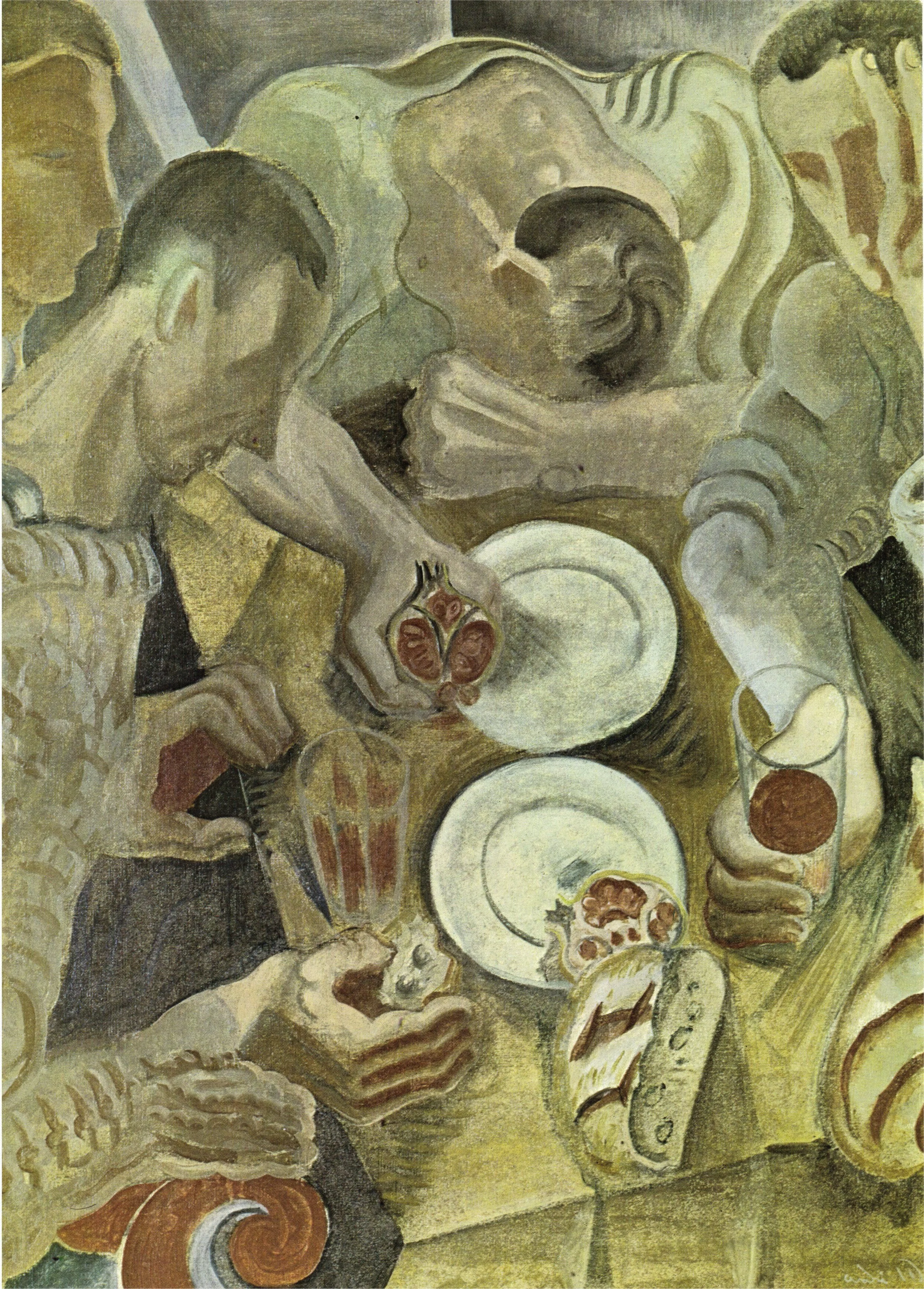Midway through every 7 year-old girl’s favorite musical, Frozen, Elsa delivers a line that summarizes so much of our cultural moment. Having put aside the constraining expectations of her family and the royal court at Arendelle, she sings:
“I’m alone. But I’m free.”
What a line. It so concisely summarizes the predicament of our modern understanding of freedom. You and I tend to think of freedom as the absence of all constraints, of anything that would inhibit the fulfillment of our deepest desires and wishes: “anything that makes demands upon my time, money, pleasure, and resources that I don’t prefer must be at least an undesirable (if not a categorically bad) thing.” Unfortunately, there is no such thing as a society, institution, career, or even another person who perfectly aligns with each of our individual desires.
As a result, we settle for a kind of freedom that leaves us feeling deeply alone.
We know that we have needs for relationship and community, but how can we reconcile their constraints with our insistence on being able to do what we want whenever we please? How do we navigate between our desire for freedom and our desire for community?
In the Christian story, freedom is not something that we achieve by throwing off all constraints. Rather, true freedom is the presence of the right restraints. A fish that has thrown off the constraint of only living in water is not free. It’s dead. Similarly, a person who shirks all attachments that demand any form of sacrifice is not a true person, but a diminished person.
If we want to know what it means to be truly free, we have to know what it means to be a person. We have to understand what it means that we are made in God’s image, that we bear resemblance to God himself and are imbued with longings that are a part of God’s good design for us.
Part of what it means that we bear God’s image is that we are inherently relational creatures. Christianity is different from all other religions because it asserts that love is not a created thing, but an eternal thing. God didn’t create us so that love could exist. Rather, God is love and has been dwelling in perfect love (shared between Father, Son, and Holy Spirit) from forever. This means that our longing for relationships is not primarily the result of the brokenness of the world (though the world is certainly full of relational dysfunction), but part of a good desire God placed in us to reflect his character.
We can’t be healthy people without some healthy relationships.
So, (strong pivot!) let me invite you to consider what it might look like for you to enter into this strange freedom that is Christian community and find a satisfaction you can’t know without it.
At Redeemer, one of the forms community takes is found in small groups—which are exactly that: gatherings of people meeting throughout the week and throughout Richmond to eat, pray, and read the Scriptures together. Click here for a full list of small groups and leaders’ contact information.
Small groups relaunch tonight (January 14) and you are warmly invited.
We look forward to seeing you there as we discover more of God’s freedom together.
All of grace and peace,
Jeff


